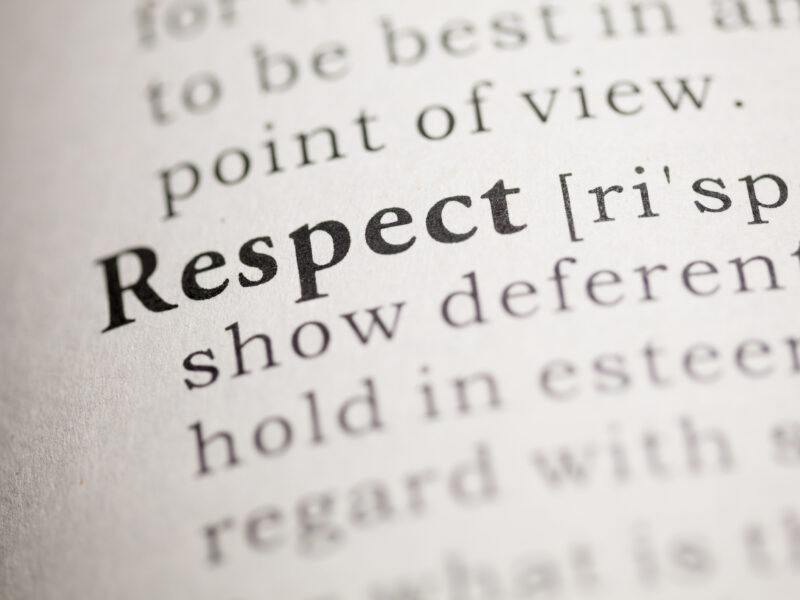Among the fundamental principles of court proceedings is the maxim that no one should be a judge in their own case and that a judge must not be biased, meaning they must not be partial or prejudiced in any way.
The impartiality of the judge, alongside their informedness and the rational justifiability of their decision, is one of the procedural basic conditions derived from the very idea of justice itself for a decision that aligns with the substantive legal situation (just decision).
“Nothing contradicts procedural justice more than bias and partiality,” writes the philosopher Ottfried Höffe in his philosophical introduction to “Justice.”
www.zis-online.com
Why is it then that court rulings vary so drastically that a layperson must lose faith in the justice system? A suspected terrorist is released early from prison after killing four people and being classified as an Islamist threat, while on the other hand, people are sentenced to prison (instead of community service) for repeatedly being caught without a ticket! For child abuse, the punishment might be a year, but Britta Assauer is sentenced to 10 months on probation for allegedly embezzling old (worthless) furniture without any evidence.
One might say judges are just human. I find it highly problematic that every judge is allowed to nurture and maintain their own interpretation of the law. Judgments are made “in the name of the people,” yet “the people” don’t even have the opportunity to easily review these decisions. Why isn’t there a database where the names of judges, the anonymous facts of the case, and the sentences are available? A judge is a public figure, so these decisions should be made publicly accessible! Why can individuals who pass judgments “in the name of the people” essentially hide from the public and render seemingly arbitrary verdicts? In jury trials, the participants assess the credibility of the defendant. Why not also assess the credibility/independence/fairness of the judge?
Theoretically, judges decide their cases solely based on law and justice. Other factors do not play a role. In practice, however, judges often let subjective motives influence their decisions. Those who exploit this skillfully can win even with weak legal arguments.
Die Kunst, mit Gesetzen umzugehen
Verlag: Springer Fachmedien Wiesbaden







